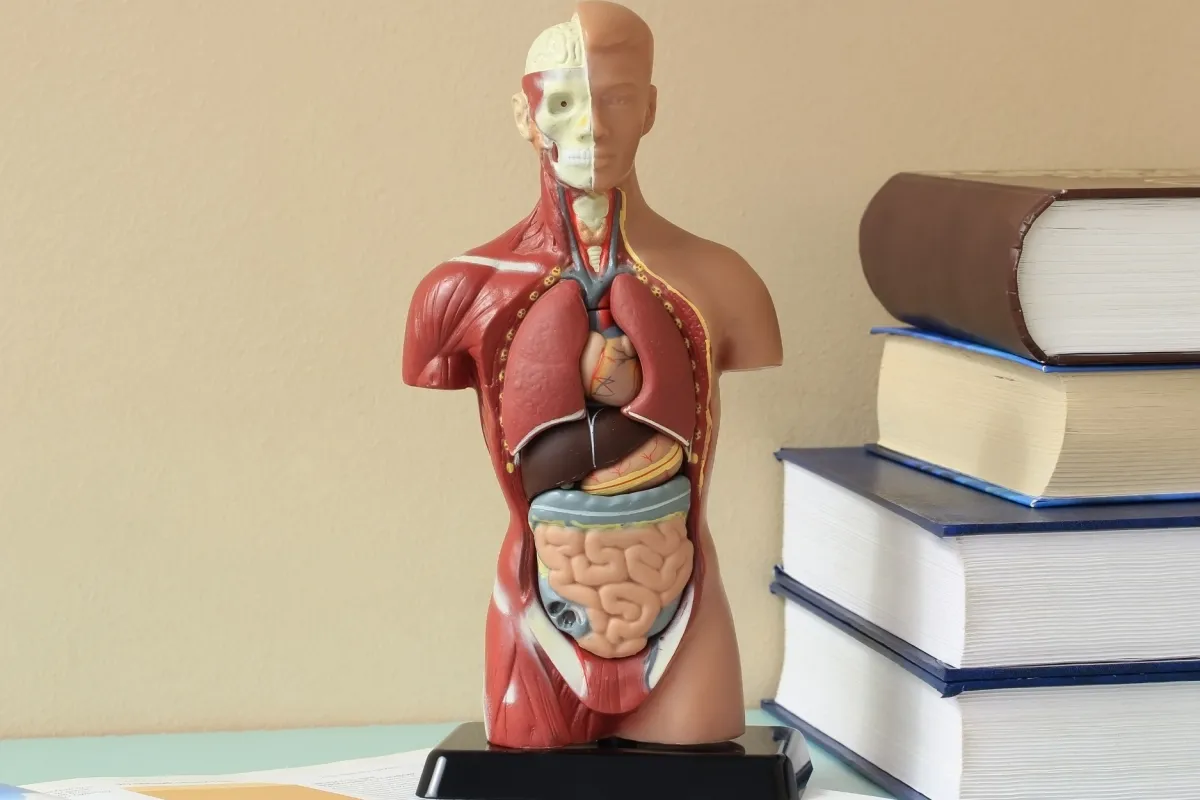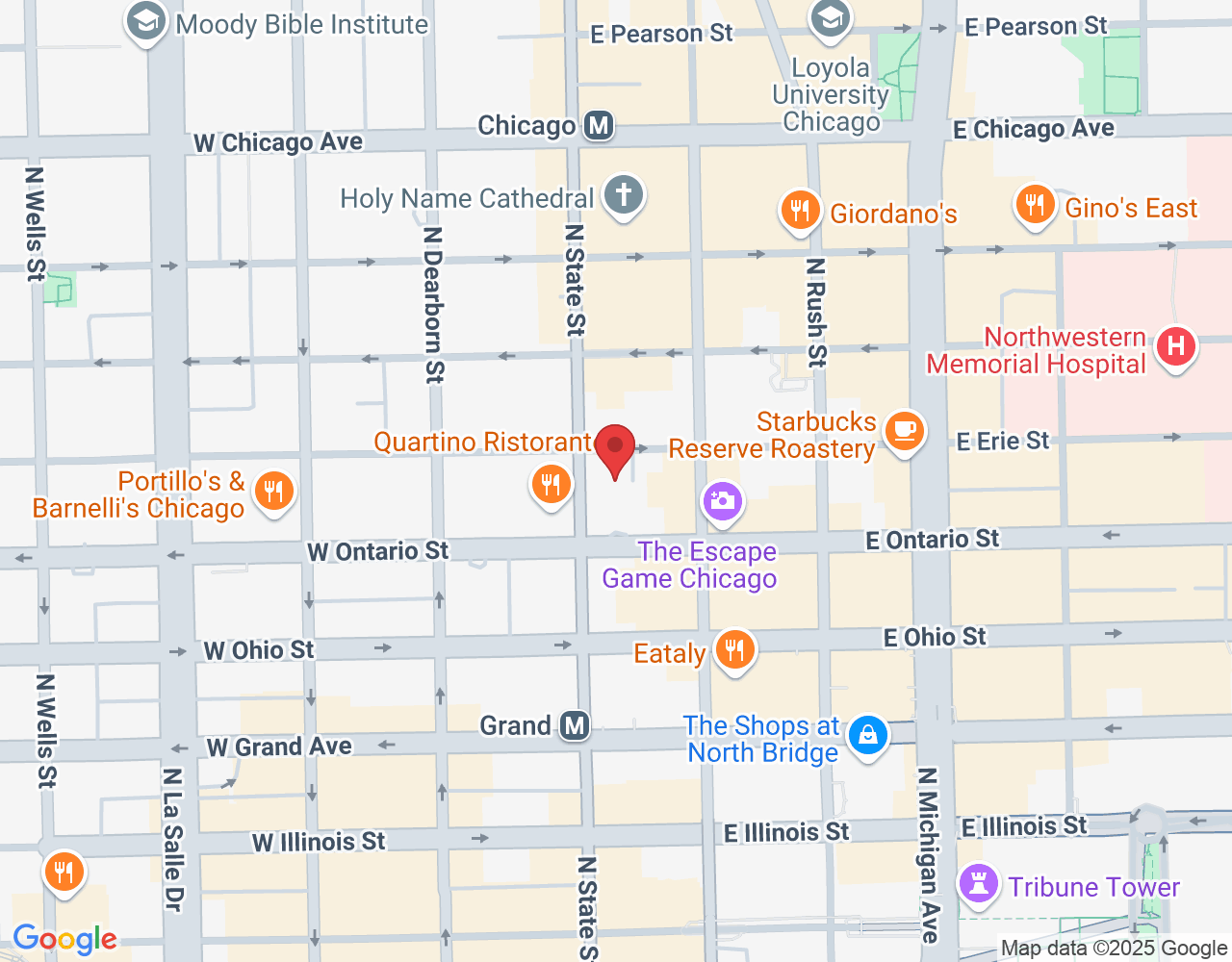
Unveiling the Reality: What Really Occurs When You Donate Your Body to Science
### Enhancing Legacy Through Body Donation: A Comprehensive Guide for Floridians
Contributing to the future well-being of humanity by donating your body to science is a noble gesture that extends your legacy beyond life. This act of generosity not only fosters hope for future medical breakthroughs but also plays a pivotal role in advancing medical research, potentially saving lives and reducing suffering for generations to come.
Opting to donate your body to scientific research can be a cost-effective alternative to traditional burial or cremation processes. By choosing this path, you eliminate the financial burdens associated with purchasing a gravesite, casket, or conducting a burial ceremony—savings that can amount to thousands of dollars. Additionally, this choice often simplifies the decision-making process surrounding end-of-life arrangements, offering a straightforward option that can ease the planning stress for your loved ones.
This guide aims to address common questions and concerns, equipping you with the knowledge to make well-informed decisions about body donation. It's imperative to involve your family and close friends in these discussions to ensure they are prepared and supportive of your wishes, avoiding any potential surprises.
#### The Process and Impact of Donating Your Body to Science in the USA
Donating your body to science significantly contributes to the fields of medical research and education. With an increasing demand for whole-body donations, both medical schools and private organizations across the country are embracing this invaluable resource. The exploration of human anatomy, particularly the study of organs that degenerate post-mortem, is crucial for medical advancements.
Historically, medical schools were the primary recipients of such donations, but the landscape has expanded, allowing more programs nationwide to benefit from this generosity. One important consideration is the financial aspect of body donation, including arrangements for cremation covered by most programs. Ultimately, your remains are respectfully returned to your family, making it essential to research and select a program that aligns with your wishes.
The Uniform Anatomical Gift Act facilitates the donation process, with most states having regulations in place to ensure the dignified handling of donations. Prompt communication with your chosen program following death is crucial, as is a thorough understanding of their specific requirements and procedures.
#### Exploring Different Types of Body Donation
Body donation encompasses several forms, each serving a unique purpose in medical science and education:
- Organ/Tissue Donation: This life-saving option allows your organs and tissues to directly benefit individuals in need, often resulting in the prevention or treatment of illnesses and injuries. Indicating your status as an organ donor during license renewal is a simple way to make this noble choice.
- Whole Body Donation: Medical schools and certain programs accept whole-body donations, which are invaluable for medical research and training. This option can significantly reduce funeral and burial expenses, providing a practical and altruistic alternative to traditional burial methods.
- Plastination Process: This preservation technique involves replacing bodily fluids and fats with plastic, creating durable anatomical models for educational purposes. It offers a unique way to contribute to medical science.
- Body Farms: Your donation can support forensic science education and research, aiding in the understanding of decomposition stages. It's important to note that this option does not allow for the return of remains to the family.
#### Eligibility and Restrictions for Body Donation
While body donation is a commendable choice, certain conditions may disqualify individuals from participating. Medical criteria, such as the presence of infectious diseases or severe organ damage, can affect eligibility. Additionally, circumstances of death, including unnatural causes or significant body trauma, may also impact the suitability of a donation.
#### Navigating Potential Reasons for Donation Rejection
Programs may decline donations for various reasons, including advanced decomposition, infectious diseases, extreme body mass index values, and prior organ donations. Understanding these factors is crucial for prospective donors, ensuring clarity and preparedness for any outcome.
In conclusion, donating your body to science in Florida is a profound way to contribute to the betterment of future medical care while alleviating the financial and logistical burdens of end-of-life arrangements. Engaging in open discussions with loved ones and thoroughly researching potential programs are vital steps in fulfilling this final act of generosity.
### MedCure Body Donation Program: A Comprehensive Overview
The MedCure Body Donation Program stands as a pivotal nonprofit organization, bridging the gap between generous donors and the medical community. MedCure is dedicated to facilitating whole-body donations, significantly benefiting medical research and education. These donations are invaluable, providing critical data and contributing to advancements in treating various diseases.
#### Thorough Screening Process
MedCure collaborates with funeral homes to meticulously screen all potential donors. This rigorous vetting ensures that whole-body donations are utilized effectively in research and educational endeavors, particularly valuable when individuals pass away from natural causes like aging, in cases where death is not significantly influenced by disease. Such donations offer medical professionals, including doctors, nurses, and other healthcare workers, crucial insights and are heavily relied upon for educational purposes.
Choosing a body donation program with accreditation from the American Association of Tissue Banks (AATB) ensures that donors receive the highest standard of care. The AATB sets ethical guidelines for all its affiliated organizations, offering peace of mind to donor families that their loved one's contribution will be used solely for legitimate research or educational projects.
#### How to Donate Your Body to Science
Considering body donation involves two primary routes: whole-body donation, where the recipient program often covers related expenses, including transportation and cremation. Some organizations may agree to bear these costs, provided an agreement is reached beforehand.
Consent is paramount in the body donation process. A legally binding declaration, or codicil, expressing your wish to donate your body for medical science is required. This declaration can be made in person at an anatomical institute or via an online submission.
Making the decision to donate your body to science is profound. Therefore, it's critical to discuss this decision with family and friends to avoid any future surprises and address any questions they might have, incorporating them into the decision-making process.
It's wise to plan ahead and consider the possibility that your donation may not be accepted by the program. Having a backup plan in place, discussed with family and close friends, and outlined in your will, is advisable.
#### The Cost of Donating Your Body to Science
While there are no direct costs associated with whole-body donation to science, there might be indirect expenses related to the preparation of the body, such as funeral home services, cremation, and the return of cremains. These could include:
- Transportation of the body
- Obtaining certified death certificates
- Funeral home services
- Cremation fees
- Distribution or return of ashes
#### Body Donation vs. Traditional Burial and Cremation Options
Here's how body donation compares with traditional burial and cremation, including insurance aspects:
- Anatomical Donation: A meaningful alternative to organ donation, whole-body donations support medical research, education, and training, offering profound societal benefits despite the potential costs.
- Traditional Burial and Burial Insurance: A longstanding practice in the U.S., burial respects the traditions of most religions and provides a physical location for mourning. Costs can vary widely, from $7,000 to over $20,000.
- Cremation and Cremation Insurance: Gaining acceptance across various religious communities, cremation is noted for its lower costs and flexibility regarding the final disposition of ashes. Costs for cremation, including insurance, can range from $2,000 to $8,000, influenced by the choice of memorial services.
#### Covid-19 and Body Donation
The impact of Covid-19 has been profound on body donation programs. For instance, the Ohio State University College of Medicine temporarily halted donations but has since resumed accepting bodies from Covid-19 victims, implementing new safety protocols. Conversely, Midwestern University never ceased accepting donations and does not test bodies for Covid-19, illustrating varied responses to the pandemic within the body donation sector.
This guide aims to provide a thorough understanding of the MedCure Body Donation Program and the broader context of body donation, offering insights for those considering this noble contribution to science.
Conclusion
The act of donating one's body to science is a noble gesture that significantly contributes to the advancement and practice of medical science. It's a decision that not only furthers research and education but also extends a helping hand to countless individuals. However, as you consider making this generous contribution in anticipation of your eventual departure, there are several important aspects and implications you should be aware of.
Firstly, it's important to understand that not all donations are automatically accepted. Certain medical conditions, particularly those involving infectious or communicable diseases, may disqualify a body from being donated to science. The process may also present challenges for individuals who have experienced significant physical trauma. This can be especially difficult for families seeking closure after the sudden loss of a loved one, as the acceptance criteria for donation might prevent them from choosing this route.
Moreover, the financial implications of an unexpected passing, where the deceased's body is either not suitable for donation or not accepted for other reasons, can place a significant burden on bereaved families. Funeral and burial expenses can be substantial, and without a body donation, families may find themselves facing these costs unprepared.
To mitigate such financial strains, exploring options like burial or cremation insurance could be a prudent step. These insurance policies can provide partial or full coverage for funeral expenses, offering a financial safety net during times of need. It’s an aspect worth considering as you plan for the future, ensuring that your family is relieved from the potential financial burden in the event of your passing.
Our goal is to guide you in making the most appropriate decisions for yourself and your loved ones. Whether it involves donating your body to science or securing financial protection against unforeseen expenses, taking the time to consider all your options is crucial. By doing so, you can ensure that your final wishes are honored in a way that benefits not just the realm of medical science but also provides for the well-being of your family during challenging times.
Evaluate quotes from leading insurance providers
Compare quotes from top insurance carriers
Best Plan For Me
Qualified Health Impairments
This site provides life insurance information and quotes. Each rate shown is a quote based on information provided by the carrier. No portion of BestBurialPolicy.com may be copied, published or distributed in any manner for any purpose without prior written authorization of the owner.




